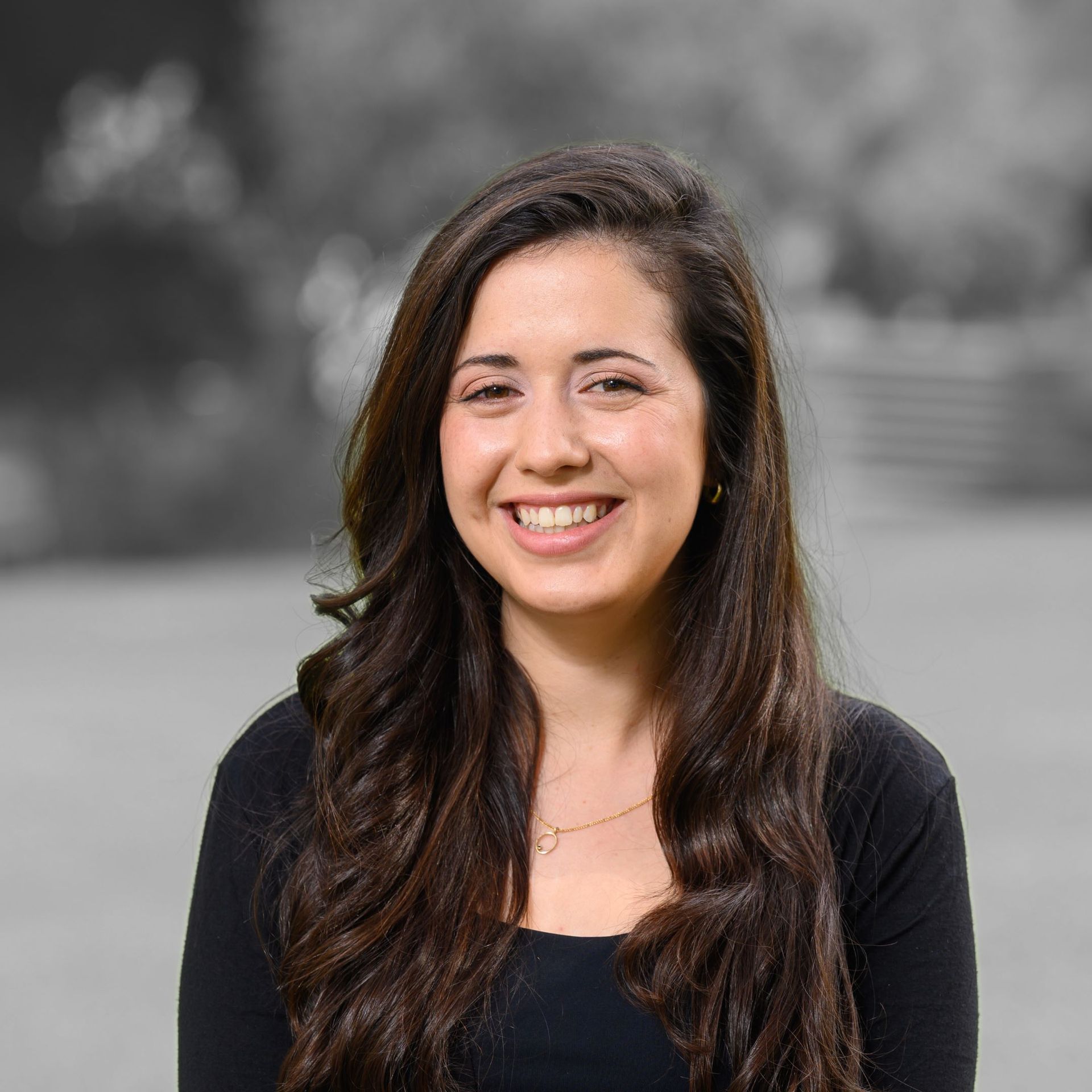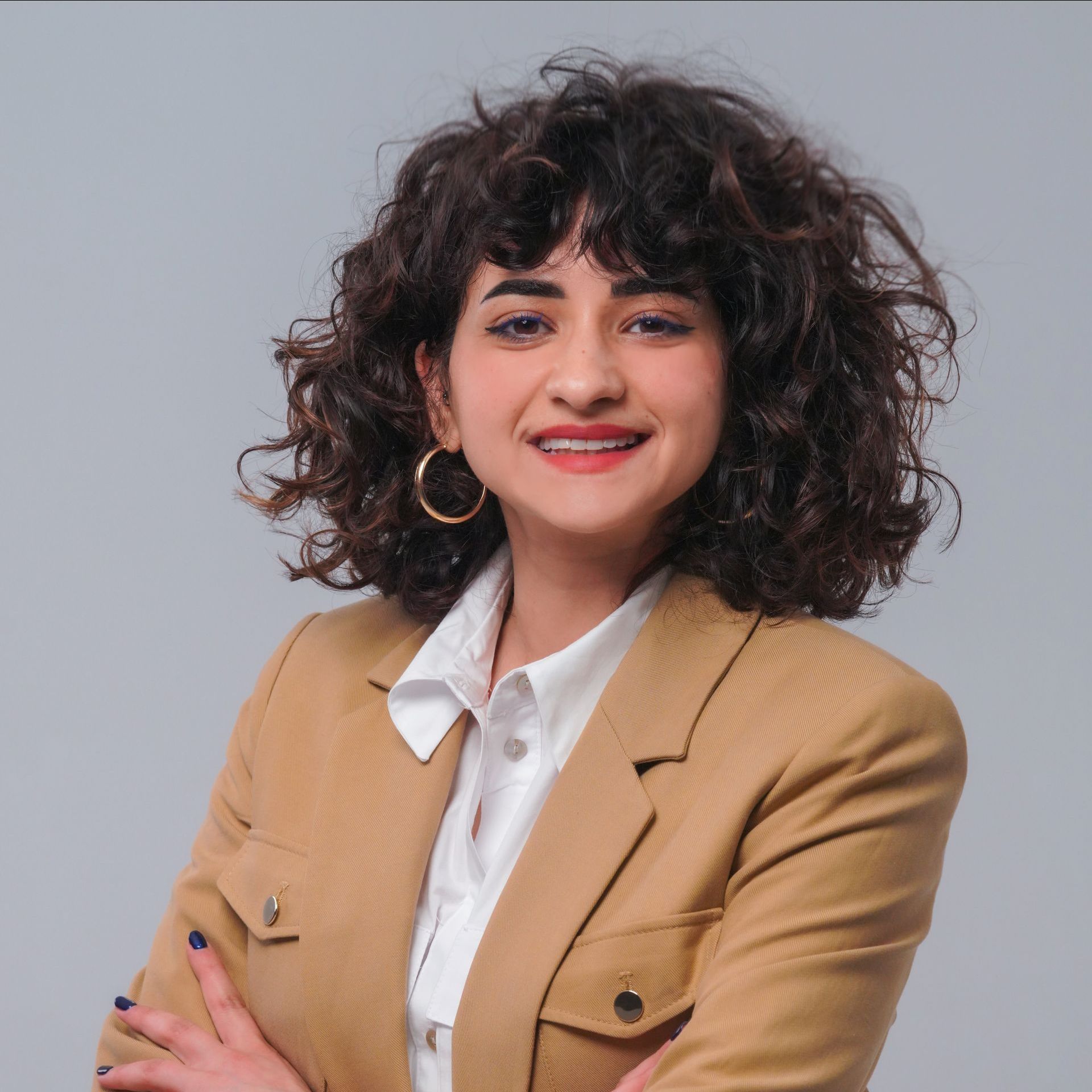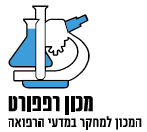
Yuval Shapir Itai
Outstanding doctoral students
Yuval Shapir Itai is a PhD student in Dr. Rony Dahan’s lab at the Weizmann Institute of Science. Yuval’s research delves into the mechanisms governing antitumor immunity and immunotherapy, identifying essential communication between T-cells and dendritic cells within the tumor microenvironment for effective anti-tumor responses during anti-PD-1 therapy. These discoveries have led to the development of a revolutionary technological advancement: a bi-specific antibody-based immunotherapy reagent facilitating the vital crosstalk between T-cells and dendritic cells, thereby fostering potent tumor-specific immunity. In a series of tour de force studies, Yuval has conceptualized, developed and characterized this novel approach to cancer immunotherapy. Along with skilled collaborators, Yuval has comprehensively characterized this new treatment’s unique mode of action, leading to distinct and superior immune reprogramming compared to traditional PD-1 antibody treatment.
Yuval’s work pioneers an approach of bridging immune cells to activate crucial pathways for antitumor immunity. Actively pursued in collaboration with a pharmaceutical company, this concept is currently being developed for evaluation in human patients across various cancer types. Her research also establishes a methodology to understanding immune cellular networks in conditions like autoimmunity and neurodegeneration, paving the way for diverse immune engagers that target specific cell types and states to promote therapeutic pathways.

Netanel Loyfer
Outstanding doctoral students
Netanel Loyfer is a Computer Science doctoral student in Prof. Tommy Kaplan’s lab at the Hebrew University. He studies DNA methylation and cell-free DNA (cfDNA), exploring the clinical applications resulting from their combination. DNA methylation, a crucial epigenetic mark, plays a fundamental role in gene regulation and cellular identity. Loyfer has leveraged the potential of cfDNA fragments released into the bloodstream from dying cells to trace their origin back to specific tissues based on their cell-type-specific DNA methylation signatures. These methods allow for the diagnosis of a wide range of diseases based on a simple blood test.
Loyfer has played an important role in the creation and publication of a groundbreaking DNA methylation atlas spanning a range of human cell types, significantly contributing to the scientific community. He has used this resource to identify thousands of cell-type-specific biomarkers with diagnostic potential, and has developed state-of-the-art algorithms to quantify the relative contribution of each cell type to circulating cfDNA.
He has also released an open-source software package, wgbstools, facilitating the analysis of DNA methylation sequencing data including cfDNA. This tool has been widely adopted and is currently being used by hundreds of scientists.

Dr. Ori Hassin
Outstanding doctoral students
Ori Hassin trained as a medical doctor, and then completed his Ph.D. under the supervision of Professor Moshe Oren at the Department of Molecular Biology of the Weizmann Institute of Science. Mutations in the TP53 gene, encoding the p53 tumor suppressor, are the most frequent single genetic event in human cancer; Ori’s research has revealed how various cell-autonomous and non-cell-autonomous effects of TP53 mutations impact the progression of breast and colon cancer. Ori discovered that the p53 loss of function in breast cancer fosters communication between cancer cells and adipocytes, ultimately facilitating a tumor-supportive immune microenvironment. Elucidation of molecular players in the crosstalk between p53-deficient cancer cells and adjacent adipose cells may suggest potential targets for intervention in order to curb tumor progression.
In an additional branch of his studies, Ori has found that in colorectal cancer, different TP53 missense mutations result in distinct molecular and phenotypic outcomes. Ori’s findings indicate that different TP53 mutations may impart non-identical features on tumors, eventually impacting patient outcome. Better understanding of such differential contributions of distinct p53 mutants and their context dependency is bound to make information on TP53 mutations more valuable, and may enable better precision-based medicine in the future.

Dr. Alia Ghrayeb
Outstanding doctoral students
After completing her medical degree at the Technion’s Rappaport Faculty of Medicine, Dr. Alia Ghrayeb pursued a PhD at Professor Gottlieb’s lab in the same institution. Her research focused on identifying critical metabolic shifts in Metabolic Dysfunction-Associated Steatotic Liver Disease (MASLD), the most frequent cause of chronic liver disease globally and a leading reason for liver transplants. Utilizing both cellular and pre-clinical disease models alongside various experimental techniques including metabolomic analyses, Dr. Ghrayeb discovered significant alterations in metabolites related to the metabolism of the amino acid glycine. Her work further showed that these metabolic changes are also found in cardiovascular disease models, the main cause of death in MASLD patients. Previous studies noted variations in glycine levels in MASLD, but Dr. Ghrayeb mechanistically linked these to changes in the SHMT2 enzyme’s activity. Through innovative stable isotope tracing in SHMT2-deficient mice and subsequent metabolomic analysis, she proved that glycine depletion occurs due to increased conversion of glycine to serine, contrary to previous beliefs. Moreover, Dr. Ghrayeb found that SHMT2-deficient steatotic mice have enhanced antioxidant capabilities due to altered glycine metabolism, protecting them from oxidative damage. Overall her research offers profound insights into liver glycine metabolism changes during disease, suggesting future potential translational applications.



